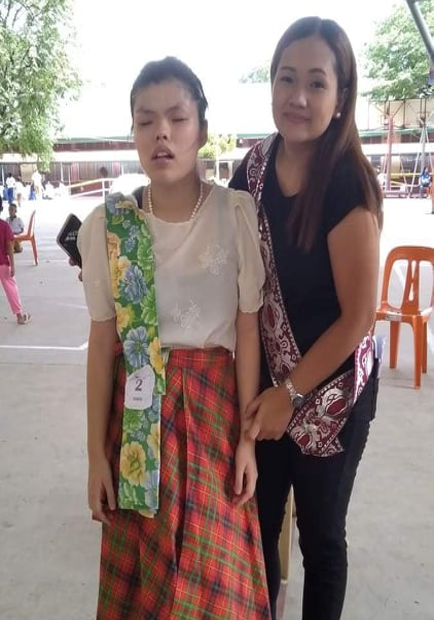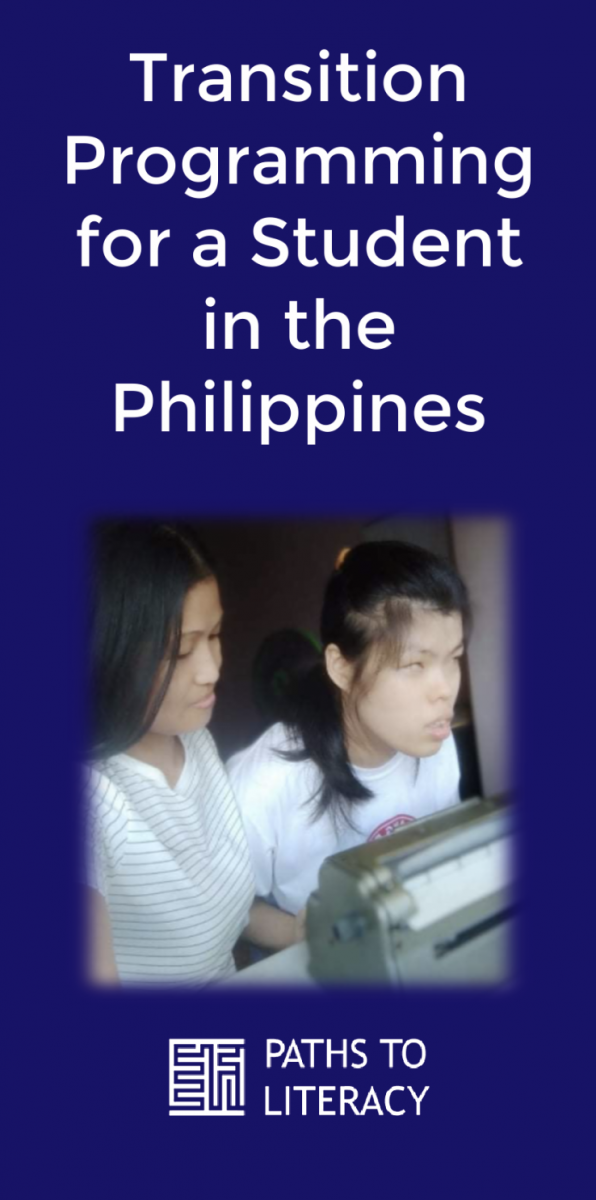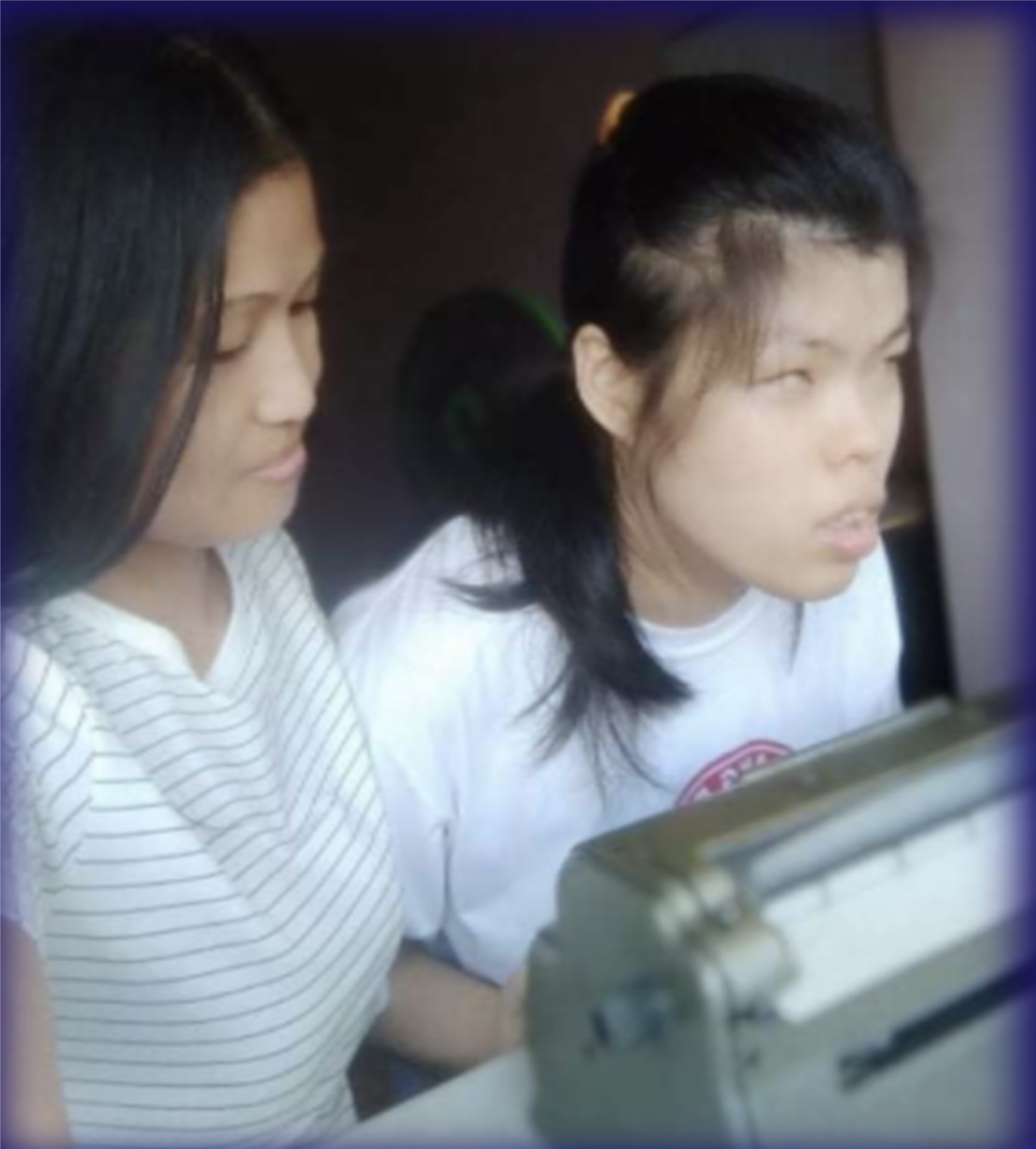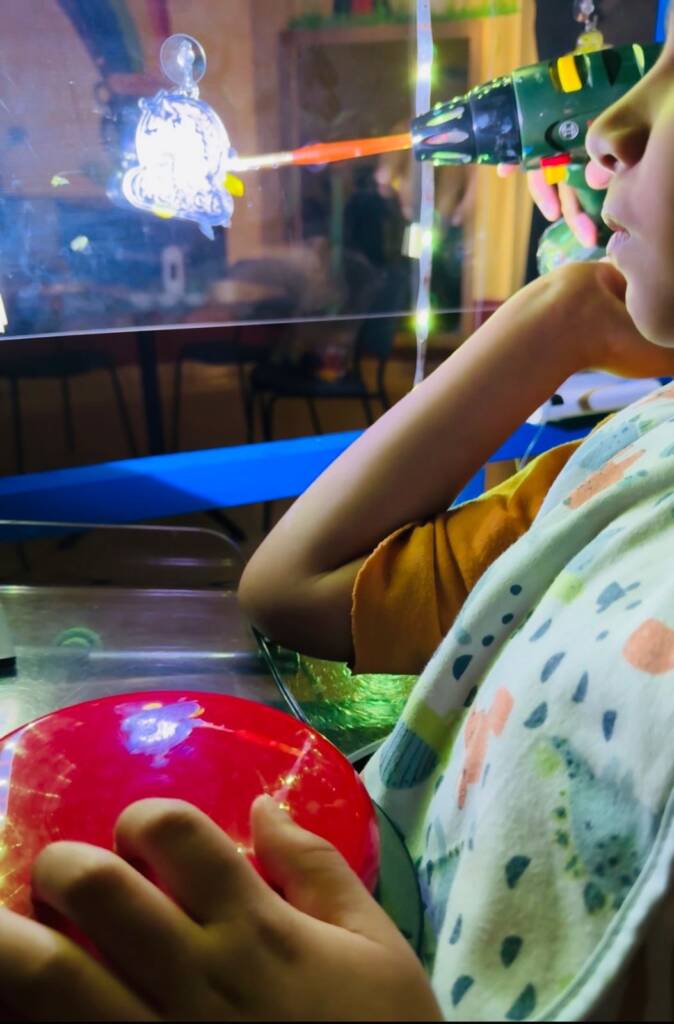There have been a number of stories shared here on Paths to Literacy by the mother of my student, Kara, who is from the Philippines and I wanted to share my perspective as her TVI. Her earlier stories can be found below:
- Kara’s Turning Point in Learning Braille: A Story from the Philippines
- One Step at a Time: My Daughter at 20
I met Kara when she was 14 years old. She is blind due to retinopathy of prematurity, and she also has mild cerebral palsy and global developmental delays. She knew already how to write in English and Filipino braille when I met her, but she needs more practice when writing braille contractions in Filipino or English. She can read braille with supervision, which varies from minimum to maximum. Kara was in a mainstreamed class from Grade 1-6, and we did some follow-up lessons in our resource room. I coordinated with her receiving teachers so that I would know what areas needed additional work. I made tactile materials for those lessons, as needed. Furthermore, I always braille her lesson so that when she goes home, she will be able to read it again and to fully understand her lessons that day. I guided her throughout her studies until she finished her elementary education.
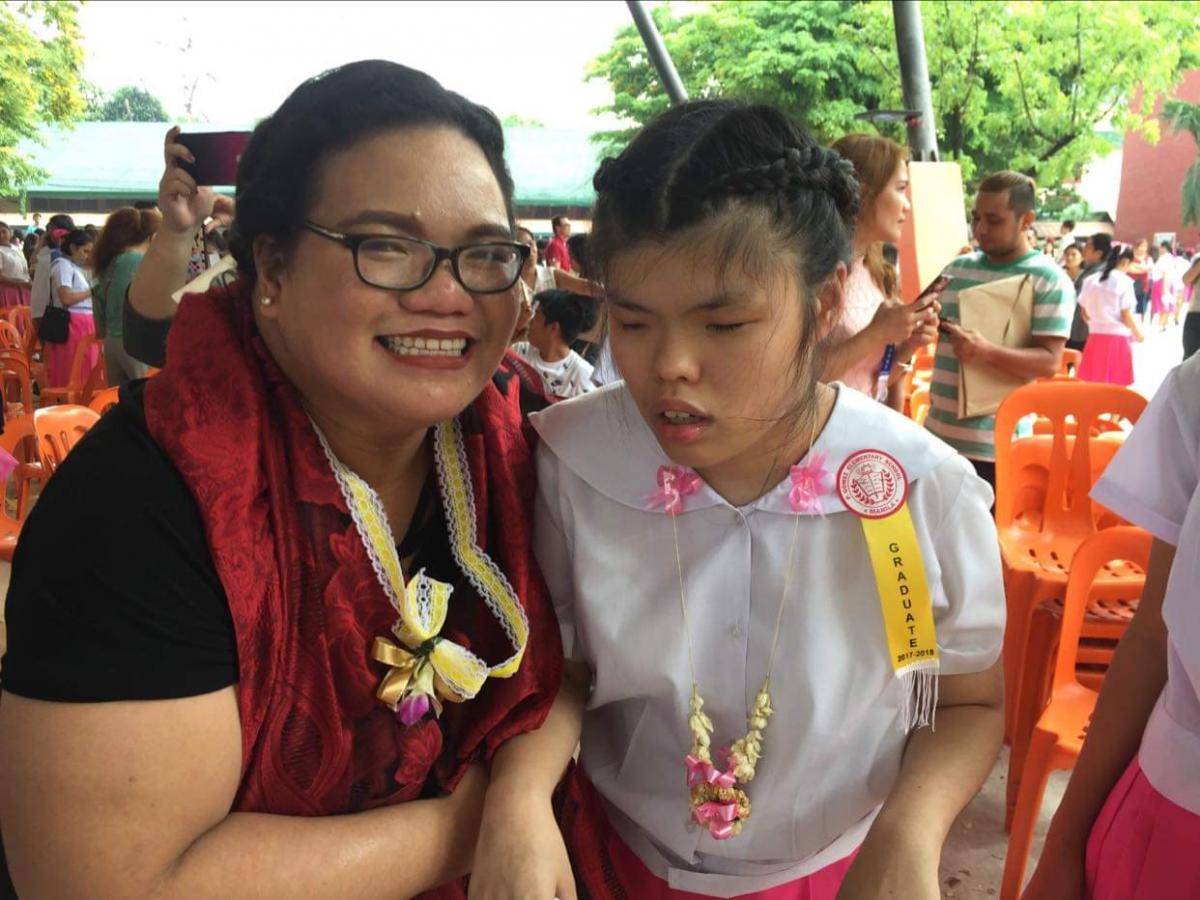
Transition Program
After she graduated from the elementary level, Kara continued in my Transition Class Program where the students prepare to become entrepreneurs, to become employed, to acquire middle level management skills, or to live a functional life path.
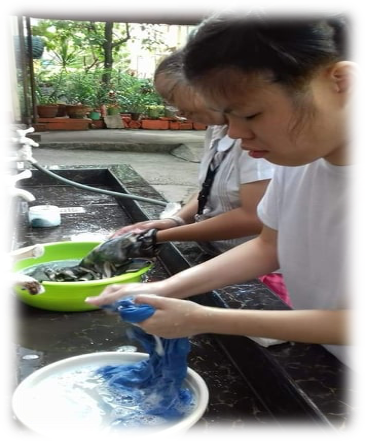
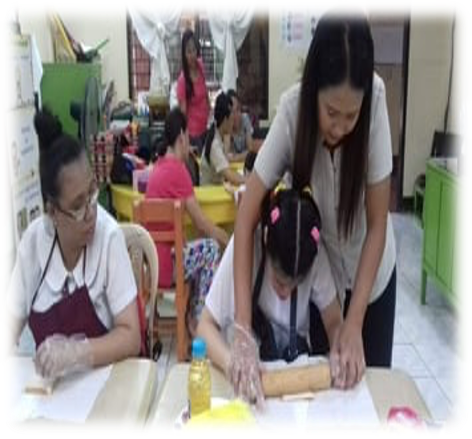
One of the goals of this program is to cater to learners’ unique abilities or interests, such as sports. We regularly participated in sports and the like. Kara joined athletic events, such as shot put and the 100-meter run. She also plays chess and joined the goal ball event, and I’m proud to say that I am her coach. When Kara reached adolescence, her skills in all areas improved a lot.
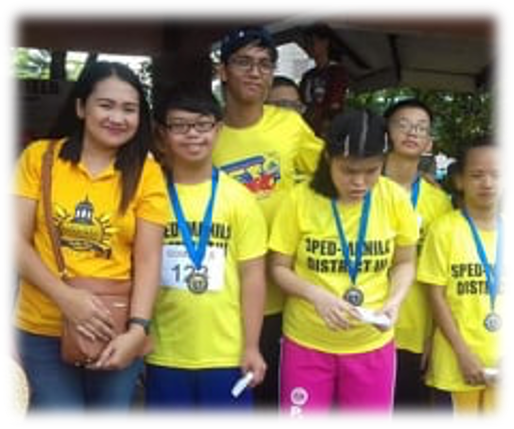
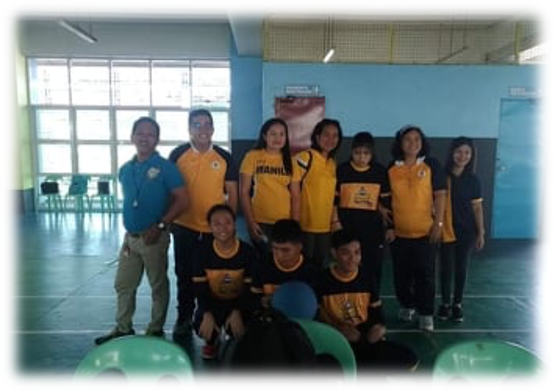
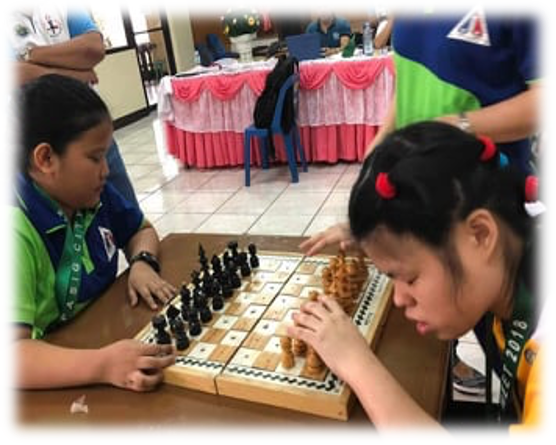
Lessons During the Pandemic
In midst of this pandemic, Kara is still adjusting to the new routine. She keeps asking me when she will go back to school and I just explain to her our present situation so that she knows. In the meantime, her caregiver, Rosemarie Bueno, guides her every single day. I teach Rosemarie some skills, like how to use the abacus, Filipino and English braille with contractions, so that she can guide and teach Kara in our lesson. As tof now, Kara can read and write English and Filipino the braille with less supervision and can-do simple math calculations using an abacus.
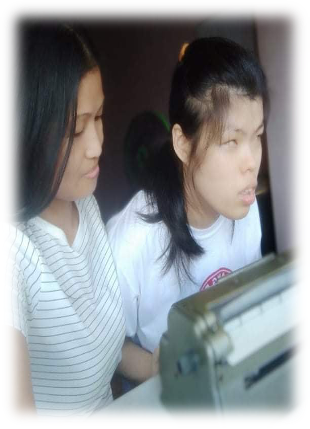
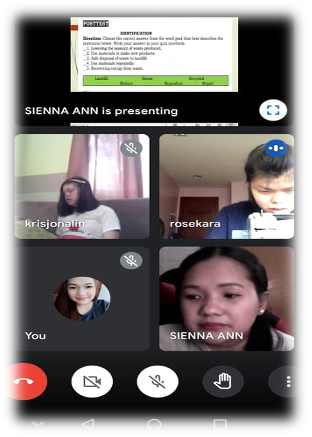
Career Plans
Kara will be in our transition program for two more years, until she turns 25. She hopes to be a baker managing her own bake shop. The plan is to coordinate with TESDA (Technical Education and Skills Development Authority), which is the government agency tasked to manage and supervise technical education and skills development here in the Philippines. They offer short courses like Cookery, Food and Beverage Service, Bread and Pastry Production, Housekeeping, etc. Kara’s braille skills and abacus skills will help her in her business.
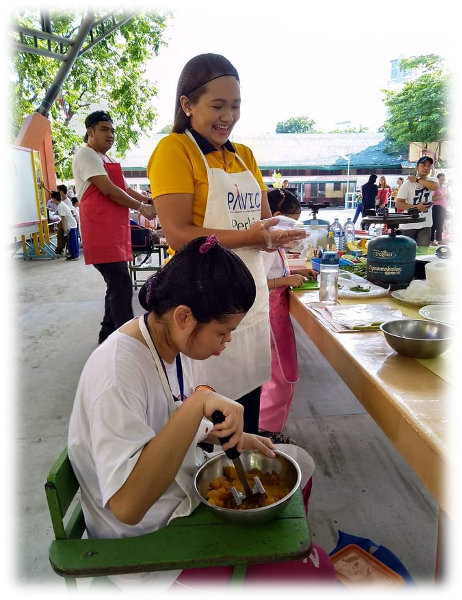
My Inspiration
Kara is one of my inspirations and an example of why I love my career as a TVI. I really love to teach, and it is so exciting to watch pupils learn. There is always something else to learn, another skill to master, or another part of the braille code to memorize. My goal is to learn as much as I can, and I had to experience some very difficult lessons to come to that realization. The learners I have taught have given more to me than I have to them. They share their lives with me, and I also share my life with them. They accept me for who I am because I do the same thing. I really admire their strength and determination to live and make the most of each day. They have had to work so hard to get to where they are today, and my job is to help them continue to learn new skills so they can succeed the rest of their lives.
